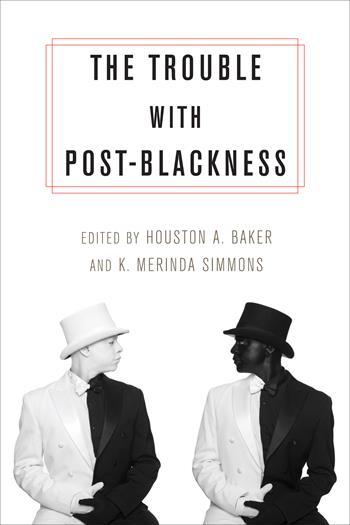This Is What a Modern-Day Witch Hunt Looks LikePosted in Articles, Communications/Media Studies, Media Archive, Passing, Philosophy, United States on 2017-05-04 01:53Z by Steven |
This Is What a Modern-Day Witch Hunt Looks Like
New York Magazine
Daily Intelligencer
2017-05-02
Rebecca Tuvel, a philosophy professor and the target of a protracted online pile-on. |
In late March, Hypatia, a feminist-philosophy journal, published an article titled “In Defense of Transracialism” by Rebecca Tuvel, an assistant professor of philosophy at Rhodes College in Memphis, as part of its spring 2017 issue. The point of the article, as the title suggests, is to toy around with the question of what it would mean if some people really were — as Rachel Dolezal claimed — “transracial,” meaning they identified as a race that didn’t line up with how society viewed them in light of their ancestry.
Tuvel structures her argument more or less as follows: (1) We accept the following premises about trans people and the rights and dignity to which they are entitled; (2) we also accept the following premises about identities and identity change in general; (3) therefore, the common arguments against transracialism fail, and we should accept that there’s little apparent logically coherent reason to deny the possibility of genuine transracialism.
Anyone who has read an academic philosophy paper will be familiar with this sort of argument. The goal, often, is to provoke a little — to probe what we think and why we think it, and to highlight logical inconsistencies that might help us better understand our values and thought processes. This sort of article is abstract and laden with hypotheticals — the idea is to pull up one level from the real world and force people to grapple with principles and claims on their own merits, rather than — in the case of Dolezal — baser instincts like disgust and outrage. This is what many philosophers do…
Read the entire article here.




